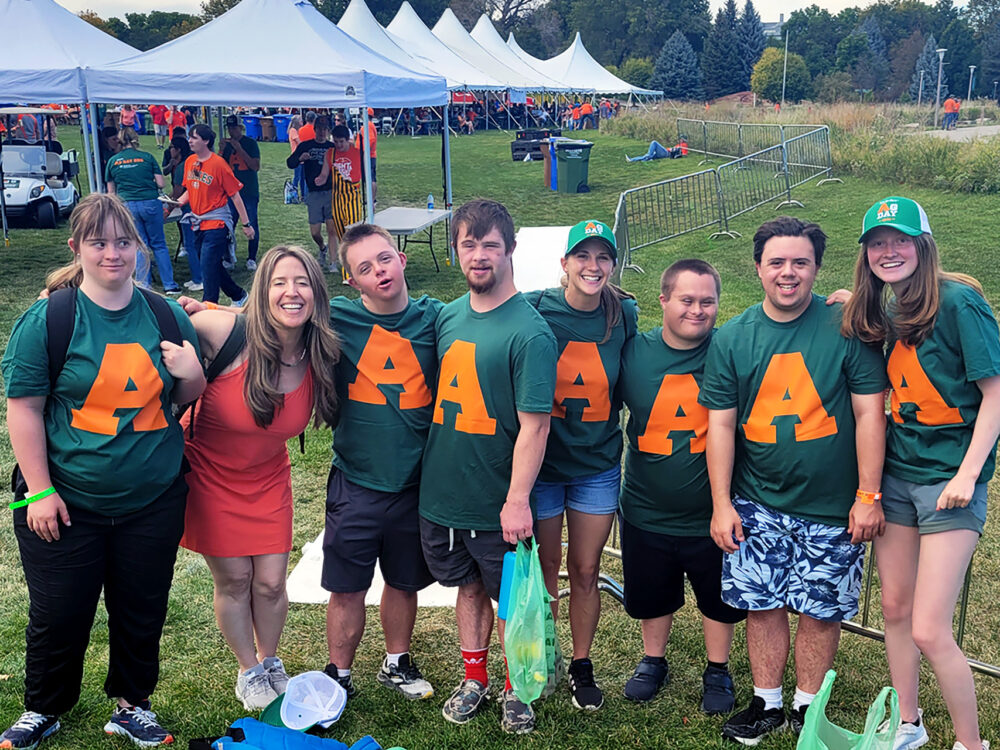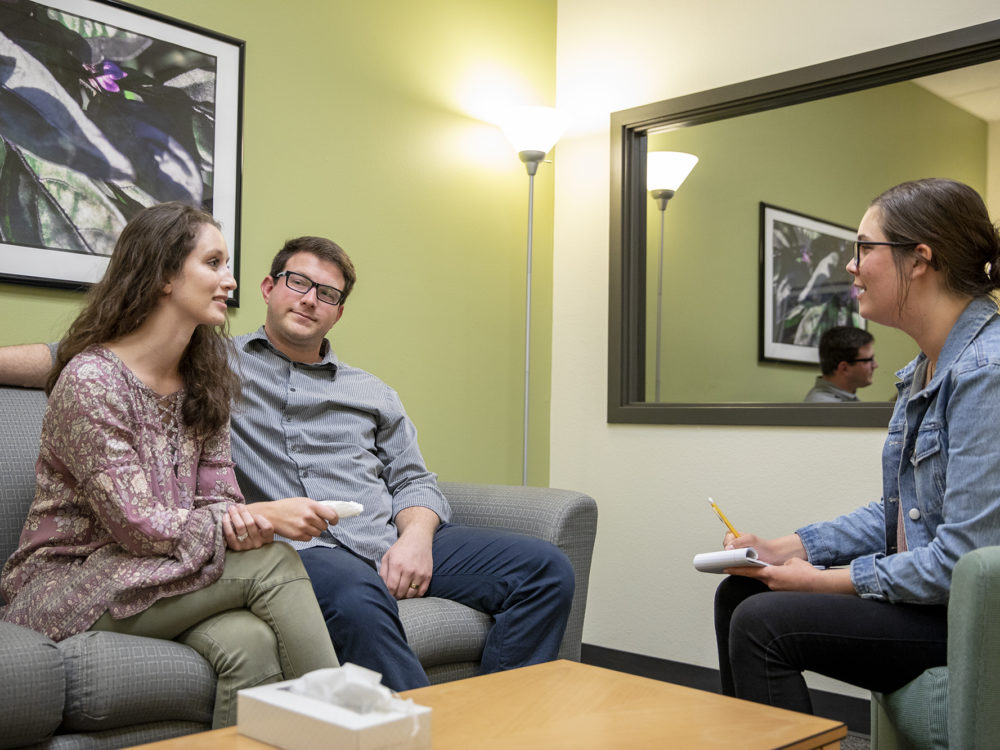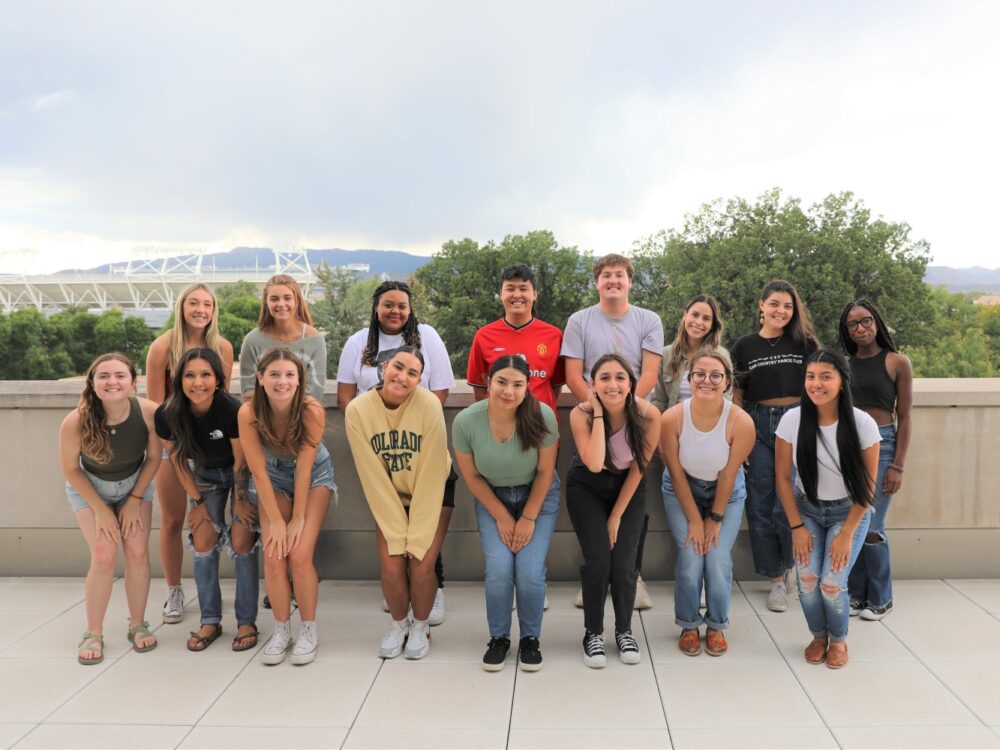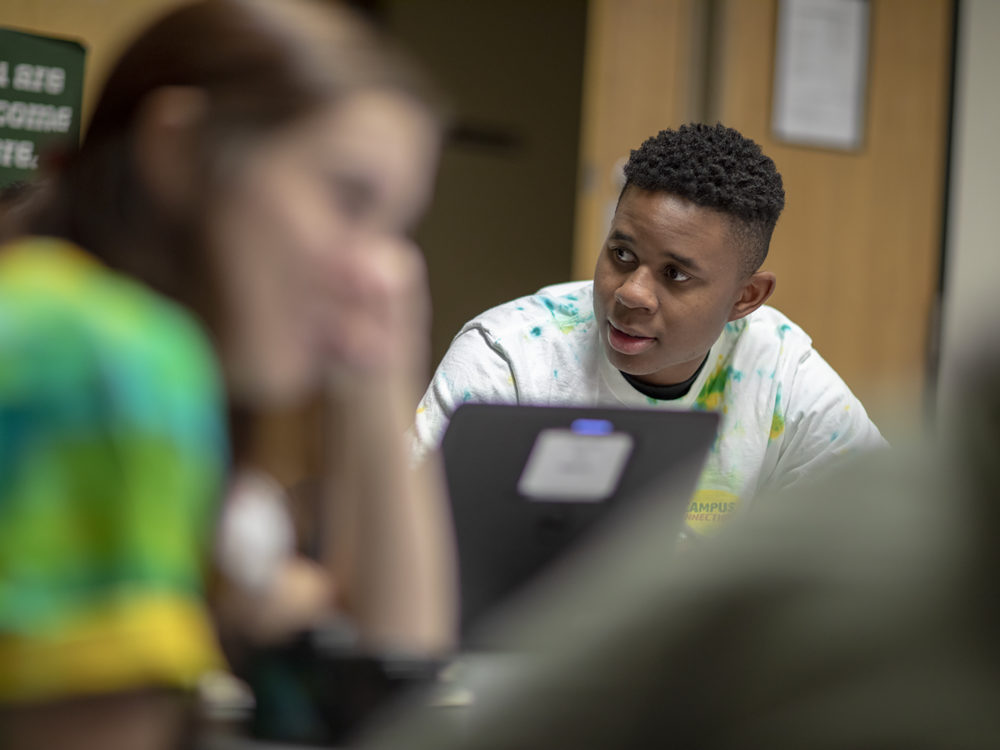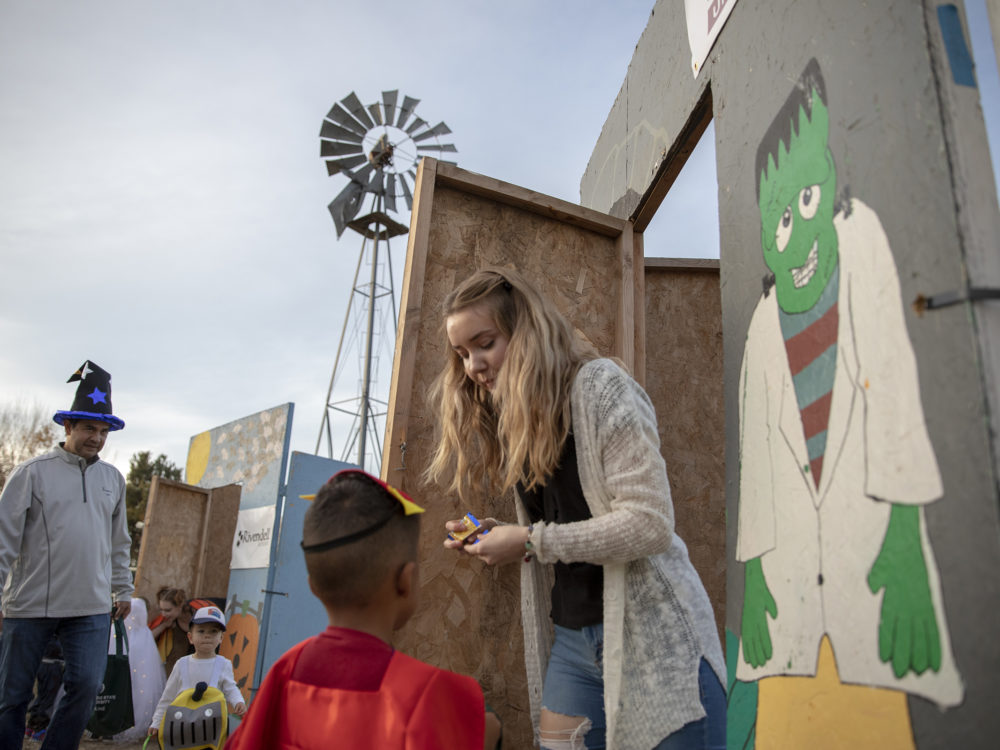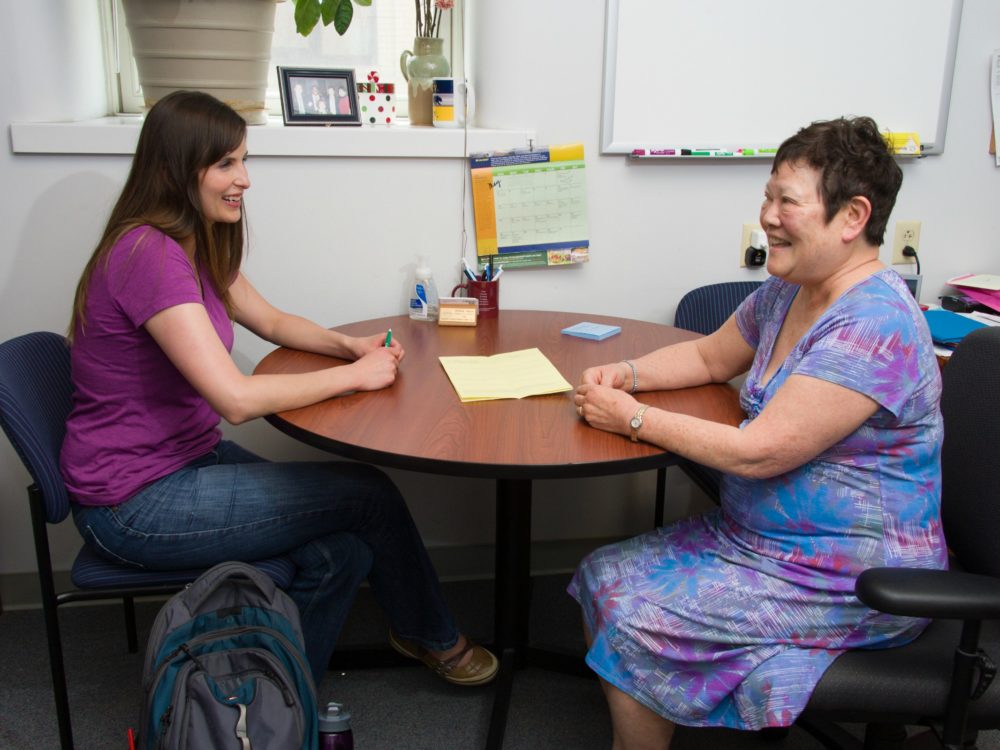Human Development and Family Studies Diversity, Equity, Inclusion, and Justice
Our Human Development and Family Studies Ramily strives to address systemic disparities and barriers in our teaching, research, service, and outreach. We create an inclusive and supportive environment where we strive to listen to and respond to all voices.
Our Commitment to DEIJ
The HDFS department is committed to cultivating inclusion and strengthening diversity in all forms. Our diversity, equity, inclusion, and justice goals include:
- Develop and coordinate inclusive recruitment and retention programs for undergraduate and graduate students, staff, and faculty from diverse backgrounds, historically excluded groups, and/or with interests in issues related to identity, diversity, and justice.
- Promote HDFS research that aims to understand marginalized populations, the needs of underserved groups, and diversity in development, and apply such knowledge to address real-world issues.
- Grow the knowledge base and awareness of cultural competence, systems of oppression, and principles of inclusion among faculty, graduate students, administrative professionals, and classified staff.
- Invite diverse perspectives to contribute to departmental activities and leadership.
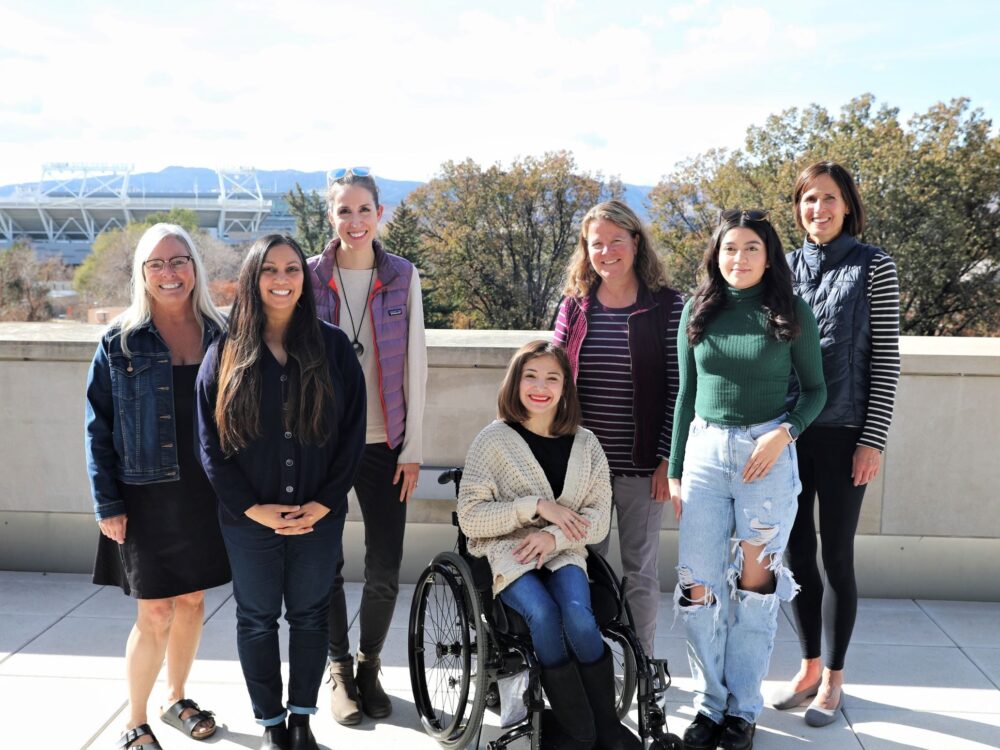
Research
Researchers are actively engaged in meaningful work in the areas of emotion regulation, healthy aging, peer mentoring, healthy development of children with disabilities, interventions for substance abuse, and positive intergenerational family relationships. The below researchers are just a few in the Department of Human Development and Family Studies who are exploring topics related to Diversity, Equity, Inclusion, and Justice.
Outreach
Through community partnerships, we support diverse youth, families, and older adults and promote positive mental and behavioral health outcomes. Students are actively engaged and shape programs in meaningful ways that support community partners.
-
32% First-Generation Students
-
31% of Students Identify as Diverse
-
15% Non Traditional Students
Teaching and Learning
Students in HDFS have access to a variety of courses and academic programs infused with DEIJ principles and content, including the Disability and Neurodiversity Certificate, Gerontology Interdisciplinary Minor, and the Leadership and Advocacy Concentration among others. Throughout all of our curricula, students have the opportunity to learn about health disparities, disabilities, aging, resiliency, voices from underrepresented communities, and many other topics. Our faculty are committed to DEIJ through teaching and learning, and actively engage with students to ensure that our curriculum reflects diverse perspectives and integrates student feedback, interests, and perspectives.

Get Involved
We value and encourage participation by students of diverse backgrounds in our department activities. Check out these opportunities for ways you can get involved.



